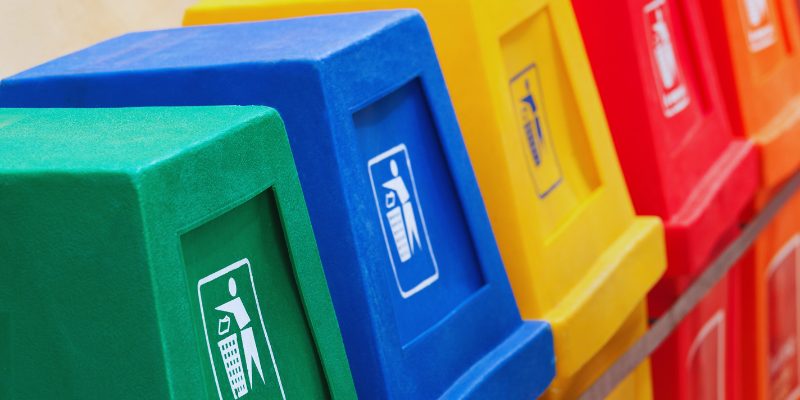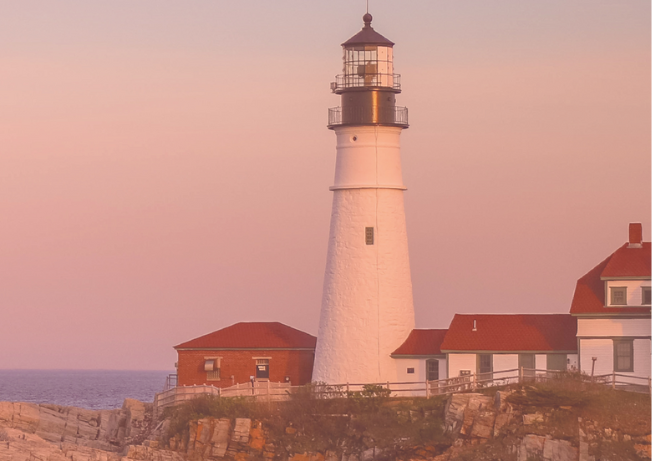/ Insights / Knowledge Hub
Knowledge Hub.
Explore our latest resources.
Gain the knowledge and confidence to take on the greatest packaging challenges.

As a leading authority on sustainable packaging, we want to empower you to catalyze meaningful and impactful change and ensure you’re up-to-speed on the latest topics impacting our industry.
Take a look at our useful resources below to stay ahead. Simply search by ‘topic’ or view our ‘most read’ content.
Aura Knowledge Hub.
Topic
Packaging challenge
Most Popular
-
1
Packaging Legislation: Why Now is the Time
09 Oct • 6 mins read -
2
Webinar | How can packaging data ensure you’re tracking carbon
04 Oct • 1 min read -
3
Webinar | How can packaging data shape your packaging journey
04 Oct • 1 min read -
4

Aura Webinar
Webinar | Demystifying Accurate On-Pack Labeling Insights for California and Beyond
Join us as we tackle Truth in Labeling and Recycled Content Targets, focusing on California's stringent regulations and progressive goals across States.
Find out more

Aura Webinar
Webinar | Tackling Recycled Content Requirements and Single-Use Plastics Head-On Empowering Compliance With Data-Led Insights
In this webinar we explores Recycled Content Requirements and Material Restrictions, including single-use plastics, problematic attributes, and service ware regulations.
Find out more

Aura Webinar
Webinar | Unlocking Extended Producer Responsibility: The Power of Data Collection for Smarter Compliance
We explore key EPR compliance scenarios across different States and discuss impending fees in Oregon, California's stringent requirements, and Maine's stewardship-focused program.
Find out more

Article
Follow in the footsteps of VEJA, the sneaker brand taking ownership of their environmental footprint and refusing to choose between design and social responsibility.
If you haven’t heard of VEJA, it’s probably not because you’ve been living in a cave. You won’t find them advertised on TV, billboards or in magazines, as they don’t believe in advertisements, not in the traditional sense anyway. Read more here.
Find out more

Article
Why Extended Producer Responsibility Matters in 2025
The packaging regulatory landscape is constantly changing and evolving differently , across different territories. This short guide is designed to help simplify EPR, and help you understand the key changes and requirements of your organization.
Find out more

Aura Report
Horizon Futures: Oregon 2025
Covering the Plastic Pollution and Recycling Modernization Act, Recycling & Reuse Targets, Single-Use Plastics, Rigid Plastic Container Recycling Law, Material Restrictions & Bans, Bottle Bills and more.
Find out more

Aura Report
Horizon Futures: Maine 2025
Covering the Stewardship Programme for Packaging, Single-use plastics, Material Restrictions & Bans, Food Contact Material, Bottle Bills and more.
Find out more

Aura Report
Horizon Futures: Colorado 2025
Covering the Producer Responsibility Program for state-wide Recycling, Single-use plastics, Material Restrictions and Bans and more.
Find out more
We’re proud of the partnerships we build with our clients,
including the world’s largest retailer and e-tailer.










Get in touch
Let’s talk.
Our experienced consultants are here to help.
